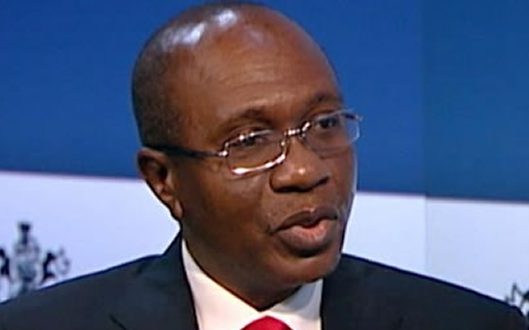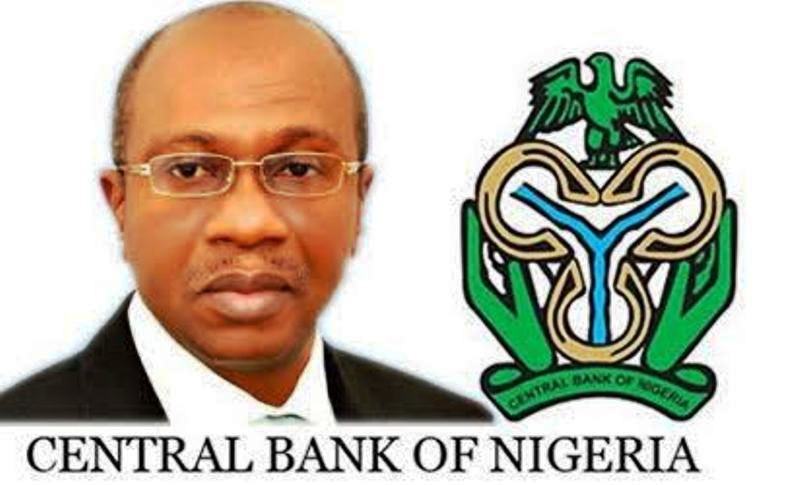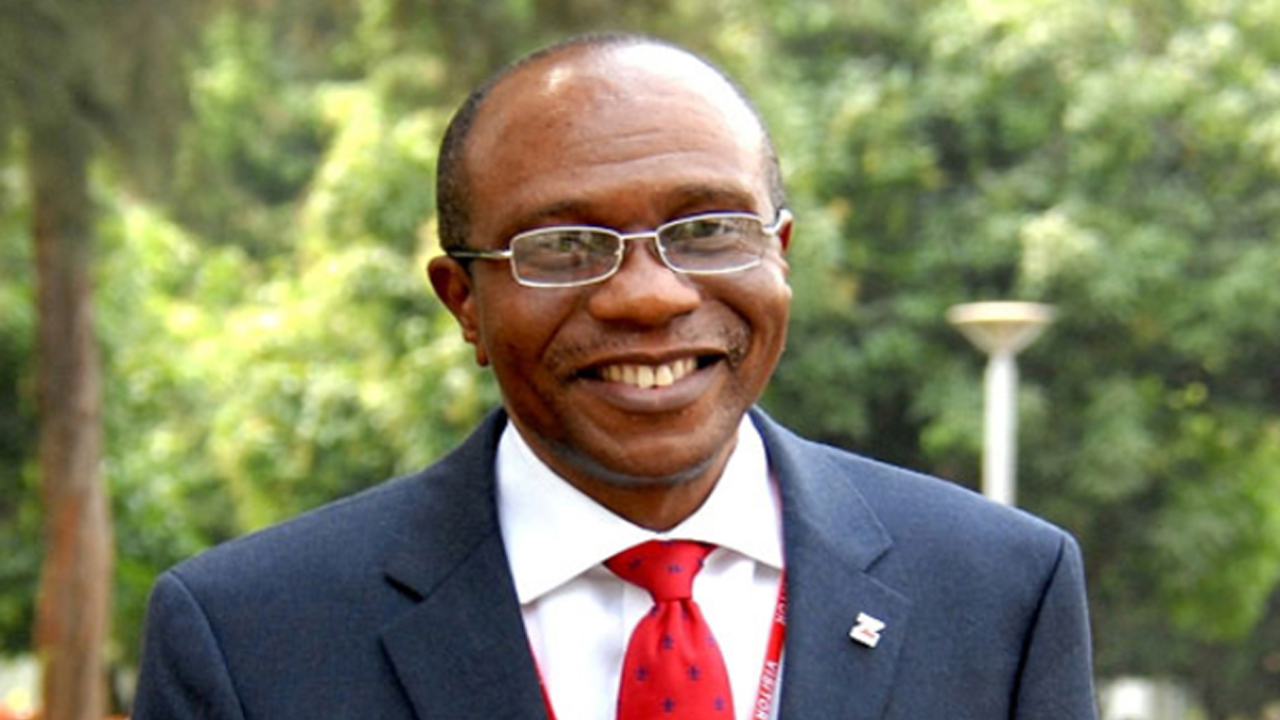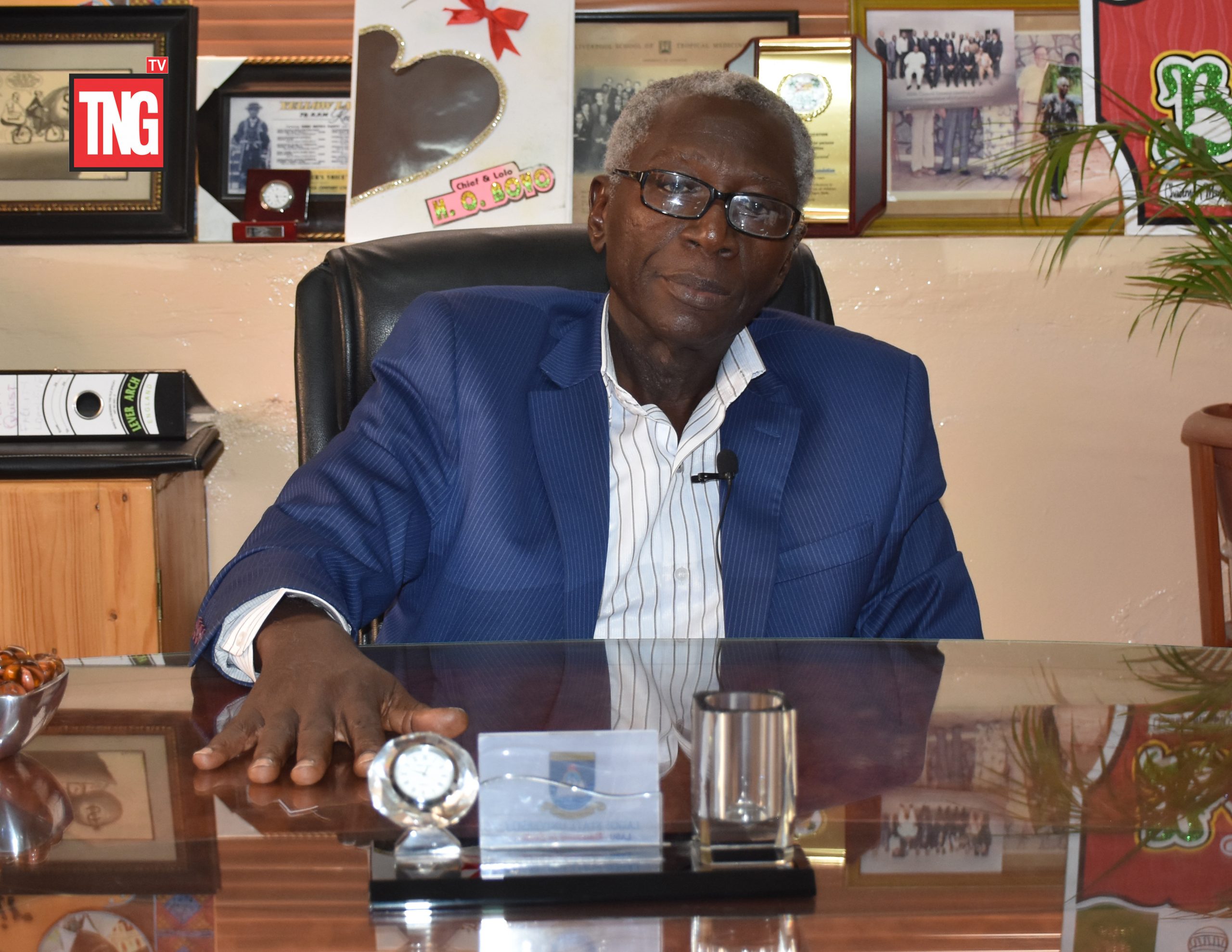By Henry Boyo
The APC Presidential Candidate, Muhammed Buhari, clearly raised public expectation when he promised, at a campaign rally on Monday, March 23, 2015, at Dan Anyiam Stadium, Owerri, that he would “ensure that Naira was equal to dollar value,” if he became President. The News Agency of Nigeria and several Newspapers also published this report.
Nevertheless, PMB’s expressed resolve to re-engineer a stronger Naira rate, inexplicably, quickly dissolved, after he became President, when his advisers and experts, according to him, talked above his head, and bulldozed their perceived inevitably of a much weaker Naira rate. Ultimately, Naira has plummeted from N197=$1 to N305=$1, with a parallel market rate of N360=$1.
Regrettably, corruption remains untamed, while the economy is savagely ravaged by inflation and heavy unemployment, with rapidly increasing government debt and high cost of borrowing, plus an oppressive and distortional fuel subsidy burden. Ultimately, per-capita income of Nigerians, has lately been adjudged as one of the world’s poorest; invariably, PMB has become an unwilling scapegoat for our present economic predicament, while the real agent of our degenerate economy, has cleverly deflected the butt of public criticism.
This writer has consistently maintained that the economy cannot depend on relatively paltry, Federal Government annual budgets below $30bn, when infact, experts suggest that the very critical power sector alone, presently requires over $100bn investment to create stable supply.
Conversely, the amount available from banks (local and foreign) for investment lending, is probably limitless for sound business propositions. Notably, however, these loanable funds will remain locked up, if the monetary policy triggers managed by CBN, continue to remain widely off target, with double-digit inflation, and lending rates, which horrifyingly exceed 20 percent, while CBN itself, inexplicably, pays upto 17 percent to borrow funds that will simply be sterilized from use, in order to restrain inflation.
Thus, if PMB, still fails to recognize that monetary indices are prime modulators of economic growth, invariably, his experts will continue to talk above his head, and the plight of Nigerians will become increasingly precarious.
Although inflation has lately climbed down from over 16 percent, however, by July 2018, IMF studies suggest that the present inflation rate of 11.6 percent will probably be breached by prevailing headwinds before December 2018. Invariably, the potential drivers of inflation and high lending cost will clearly include the nominally, largest ever fiscal plan of N9.12tn for 2018; others are, the extra budgetary N348bn liquidity injection for fuel subsidy, and the projected N242bn for 2019 elections; nonetheless, supplementary appropriations, will still be required, according to PMB, to compensate for deductions, reportedly made by NASS, from 2018 budget. Expectedly, the bloated Naira allocations substituted for increasing crude oil revenue and the adoption of N65,000 Minimum Wage would certainly compound the challenge of Naira surplus.
Consequently, higher inflation and interest rates would become products of the increasing Naira liquidity surfeit, to invariably, precipitate reduced consumer demand, higher cost of funds and lower investment, with rising unemployment in tow.
Notably, after the 262nd MPC meeting, in July 2018, CBN retained 14 percent as Monetary Policy control rate, while commercial banks cash reserves and liquidity ratio remain 22.5 percent, and 30 percent respectively; arguably, these are rate levels that ironically promote industrial contraction and stifle economic growth. The above title “Is CBN’s MPC Stronger Than Buhari?” was first published in November 2015, (see www.leslesba.com),excerpts from that article follows hereafter. Please read on.
“In the event of these serial failures of fiscal management, Buhari must rely significantly on effective monetary strategies to resuscitate the economy. Curiously, however, the responsibility for designing and implementing sensible and appropriate monetary policies, resides constitutionally with CBN’s MPC rather than the President. Thus, ‘If CBN’s MPC successfully manages money supply effectively, inflation rate will fall to best practice levels below 2 percent; notably, with such outcome, purchasing power of all income values will increase to sustain healthy consumer demand, which will in turn stimulate further investment and also increase job opportunities. Conversely, consistently faulty management of money supply, will trigger a general price rise which will distort governments’ budget projections, and impoverish our people, particularly pensioners, and also challenge the implementation of annual budgets.”
“Conversely, best practice management of money supply will facilitate single-digit interest rates that would be less oppressive and supportive of investors in ALL sectors of the economy; indeed, critical sectors, such as agriculture, food processing, education and mass transit ventures could attract concessionary rates below 2 percent, as applicable, for example, in Japan, to encourage active private sector participation.”
“Incidentally, the MPC decided at its 104th meeting in November 2015 to reduce its policy Benchmark interest rate (which sets the pace for the lending rates of commercial banks) from 13 to 11 percent. Instructively, since the erstwhile 13 percent policy rate induced commercial lending rates between 23-27 percent, invariably, the 11 percent reviewed benchmark may only bring down market rates marginally to about 20 percent, in place of the supportive middle, single-digit rates, required to truly promote new investments, with unforced economic diversification and rapid job creation.”
“Furthermore, in a bizarre attempt last week, to inject more Naira liquidity into the banking system and “facilitate” access to credit, the MPC also reduced the cash reserve, commercial banks must hold to 20 percent from 25 percent. Evidently, even if this decision appears progressive, it is clearly misguided and counterproductive and will certainly fuel inflation in a money market which is perennially burdened by surplus Naira liquidity which has to be constantly mopped up by CBN, by borrowing and farcically keeping idle the proceeds of such loans, despite payment of high interest rates which are discordant with such sovereign, risk free, borrowings.”
“Additionally, appropriate management of Naira supply vis-a-vis other foreign currencies, would also guarantee a stronger and stable Naira value, and make Naira more attractive as a store of value, rather than sustain its current fate as a rejected street urchin. Paradoxically, unrestrained Naira liquidity has continued to pummel Naira exchange rate, even when CBN’s reserves, fortuitously, steadily climbed as high as $60bn!”
“Consequently, Buhari must feel helpless, like earlier Presidents before him, that the constitutionally enshrined autonomy of CBN’s MPC, for ensuring price stability, clearly restricts him from breaching the Apex bank’s territory on monetary policy management, even if the basic social expectation for job opportunities unfulfilled for millions of Nigerians.”
“Indeed, in recognition of the enormous powers of Central Bank and the pervasive impact of money supply in every economy, one of the illustrious pioneers of the template for modern banking, a certain Mayer Rothschild, insightfully, observed as follows in 1790:
“Give me control of a nation’s money supply, and I care not who makes its laws.”
“Thus, inspite of Buhari’s undenied passion for positive economic and social change, not even his best efforts will unseal the failure of this administration, if CBN continues to fumble with the management of money supply.”
For example, “it makes no sense to increase an undenied existing burden of liquidity surplus by reducing the mandatory cash reserve requirement (CRR) of commercial banks on one hand, only for the same CBN to also proceed, less than 2 weeks thereafter, to borrow back the resultant, increasingly excess cash holdings, with a N192bn Treasury Bills sales, in order to avert the threat of inflation as happened on 2nd of December 2015!”
“Advisedly, if President Buhari hopes to achieve his vision of positively turning round our economy, he should interrogate, why surplus cash has remained the major challenge, obstructing CBN’s achievement of its prime mandate for price stability that would successfully drive inclusive growth. If Mr. President is insistent for a sensible answer and enthusiastically prods deeper, he will discover that the solution to our economic dilemma is readily accessible, and certainly easier to implement than often claimed.”



